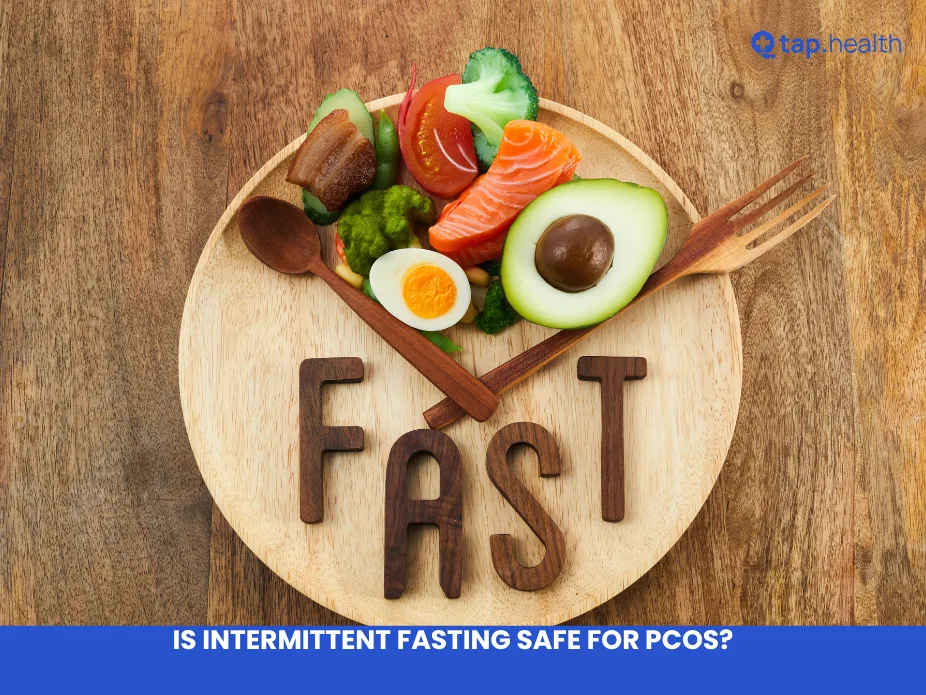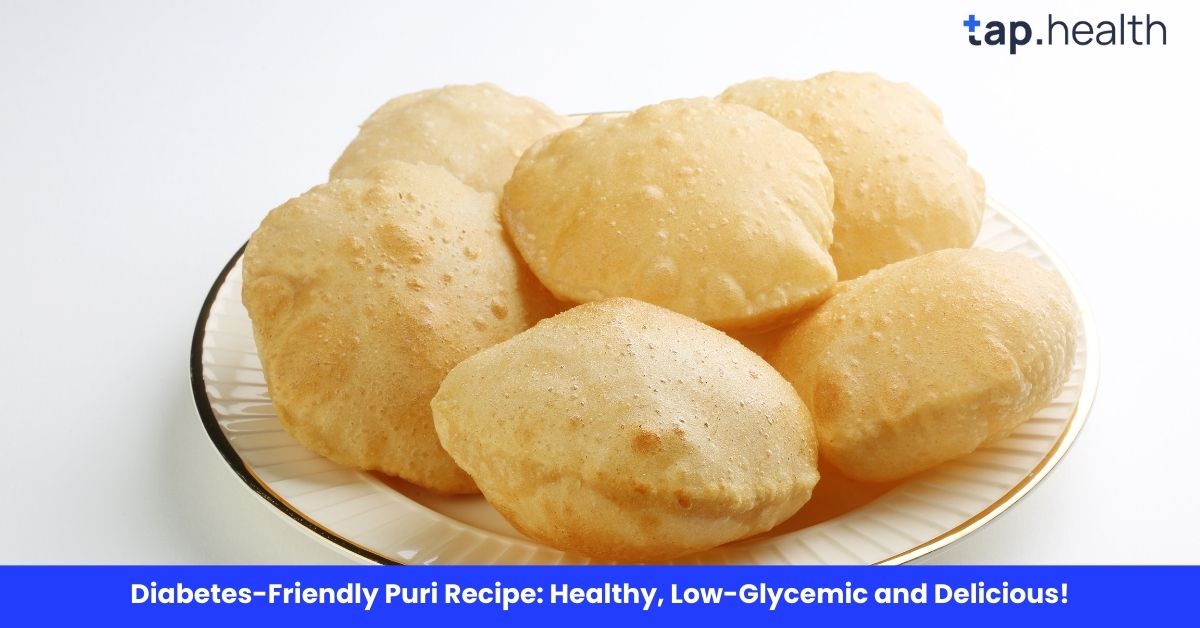Polycystic Ovary Syndrome (PCOS) affects millions of women globally, bringing challenges like insulin resistance, weight gain, irregular periods, and hormonal imbalance. Many women wonder: can intermittent fasting help manage PCOS symptoms safely? This blog breaks down the science, benefits, risks, and practical tips in a simple, evidence-based way.
What Is Intermittent Fasting and How Does It Work?
Intermittent fasting (IF) is not a diet but an eating pattern that cycles between periods of eating and fasting. Popular methods include:
- 16/8 method – 16 hours fasting, 8-hour eating window
- 14/10 method – gentler version, often better tolerated
- 5:2 method – normal eating 5 days, 500–600 calories on 2 non-consecutive days
The main goal is to lower insulin levels drop during fasting, allowing the body to burn stored fat and improve metabolic health.
Why Insulin Resistance Matters in PCOS
Up to 70% of women with PCOS have insulin resistance. High insulin levels worsen androgen production, leading to acne, hirsutism, hair loss, and ovulation problems. Improving insulin sensitivity is one of the most powerful ways to reduce PCOS symptoms naturally.
Key Benefits of Intermittent Fasting for PCOS
- Better Insulin Sensitivity Multiple studies show time-restricted eating can lower fasting insulin and improve insulin sensitivity – crucial for PCOS management.
- Effective Weight Loss Even modest weight loss (5–10%) can restore ovulation and regulate cycles. IF naturally reduces calorie intake without constant counting.
- Reduced Inflammation Chronic low-grade inflammation is common in PCOS. Fasting periods lower inflammatory markers like CRP.
- Improved Hormonal Balance Lower insulin helps reduce excess androgens, which may lessen hirsutism and acne, and irregular periods over time.
- Better Lipid Profile & Heart Health Many women see improvements in cholesterol and triglycerides.
Potential Risks and Concerns for Women with PCOS
- Nutrient Deficiency Risk Short eating windows can make it harder to meet micronutrient needs (magnesium, zinc, vitamin D – already low in PCOS).
- Disordered Eating Trigger Women with PCOS have higher rates of binge eating and food anxiety. Strict fasting may worsen these patterns.
- Hormonal Stress Response Prolonged fasting can raise cortisol, potentially disrupting menstrual cycles further in sensitive individuals.
- Blood Sugar Swings Some women report irritability, headaches, or hypoglycemia symptoms during fasting.
Who Should Avoid Intermittent Fasting with PCOS?
- Women who are pregnant or breastfeeding
- Those with a history of eating disorders
- Anyone with adrenal fatigue or thyroid issues
- Women currently experiencing very irregular or absent periods (start with gentle 12–14 hour fasts)
Best Intermittent Fasting Methods for PCOS
Most experts recommend starting gently:
- Begin with 12:12 or 14:10
- Gradually move to 16:8 if tolerated well
- Keep eating windows consistent daily
- Prioritize protein, healthy fats, and fiber-rich foods during meals
- Stay well hydrated and include electrolytes
Real-Life Tips from Women with PCOS
- Break your fast with a balanced meal (protein + healthy fat + complex carbs)
- Include magnesium-rich foods or supplements (helps with insulin and cramps)
- Time your eating window around your most active hours
- Track symptoms for 4–6 weeks before deciding if it works for you
What Does the Latest Research Say?
While earlier studies were mixed, recent 2023–2025 trials show promising results when IF is combined with a Mediterranean-style diet. However, no large long-term randomized trials exist yet specifically for PCOS and intermittent fasting.
Can Intermittent Fasting Also Help Manage Diabetes and PCOS Together?
Many women with PCOS eventually develop prediabetes or type 2 diabetes. Intermittent fasting has strong evidence for improving blood sugar control and reversing prediabetes – making it potentially helpful when both conditions coexist. Learn more at TapHealth – your trusted partner in diabetes and metabolic health management.
Always consult your endocrinologist or registered dietitian specializing in PCOS before starting intermittent fasting. Personalized guidance ensures safety and maximum benefit.
Final Takeaway
Intermittent fasting can be safe and helpful for many women with PCOS – especially for weight management and insulin sensitivity – but it’s not universally suitable. Start slow, listen to your body, prioritize nutrient-dense foods, and work closely with your healthcare team.



